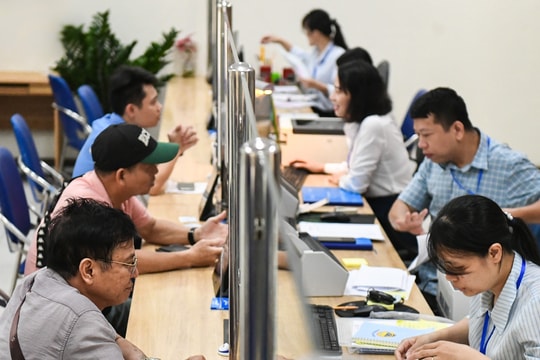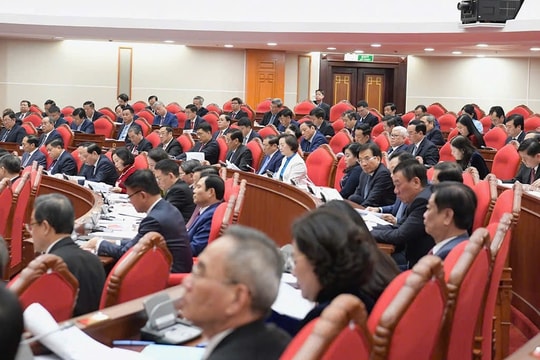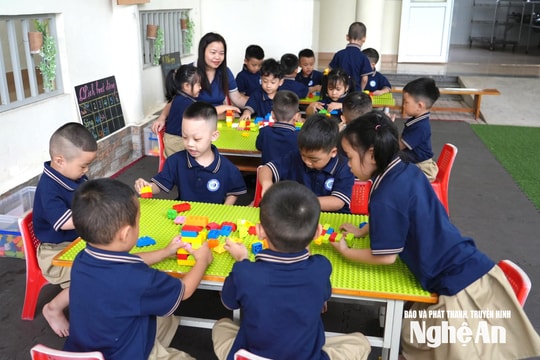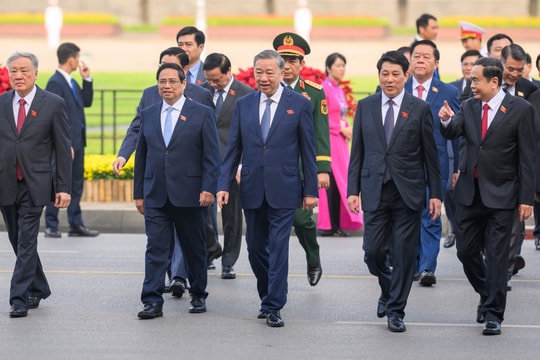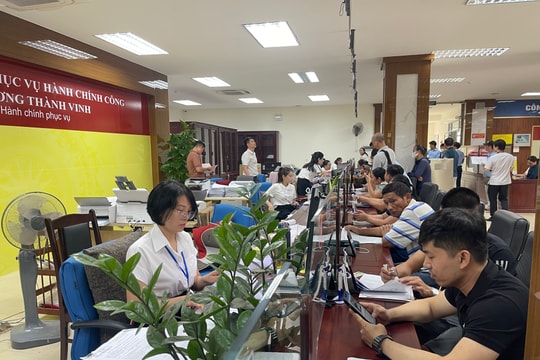Referendum in Thailand: A new political experiment
(Baonghean) - The referendum on the draft of Thailand's new Constitution held on August 7 is considered a political experiment in this country. However, it is predicted that regardless of the voting results, the future of Thai politics is still very unpredictable and the National Council for Peace and Order (NCPO), currently in power, will face great pressure.
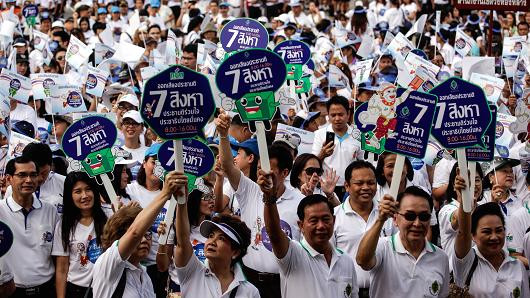 |
| Thousands of Bangkok residents join a campaign calling on people to vote on August 7. Photo: Straits Times. |
Constitutional amendments are actually mandatory for Thailand’s military government. Since 1932, every time a military coup has been successful, the country has amended or changed its constitution. The current constitution is an interim constitution after the 2014 coup, replacing the 2007 Constitution, which was also approved by referendum.
Controversial changes
Unveiled in March this year, the draft revised constitution is seen as an edict against the “disease” of corruption in Thailand. The word “corruption” is mentioned no less than 46 times in the draft, with strong statements to “prevent and eradicate corruption and poor governance”.
The more than 100-page document also includes tightly regulated provisions on health and education. However, critics say the adoption of the draft constitution will strengthen the power of the civilian government.
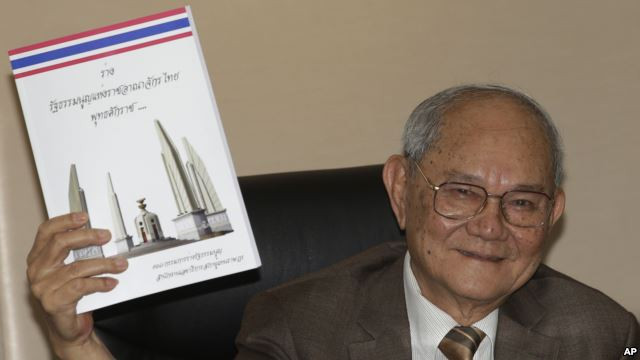 |
| Chairman of Thailand's Constitution Drafting Committee Meechai Ruchupan and the draft of the new constitution. Photo: Reuters. |
The main issue in the draft that has been criticized the most is that the NCPO is allowed to establish a 250-seat Senate during the transition period. Accordingly, the draft constitution stipulates a 500-member House of Representatives and a 250-member Senate. The two houses of the National Assembly will elect the prime minister, not the majority party in the House of Representatives. According to some analysts, allowing NCPO-appointed senators to choose the prime minister could be considered a “coup” without using force.
Another point of contention is the provision regarding the prime minister. The new draft constitution creates the possibility of non-MPs taking over as prime minister, and allows coalitions to negotiate a non-politician, even a military officer, as a candidate. Some say this could give the military-backed Prime Minister Prayuth Chan-ocha a green light to extend his term.
In addition, the penalties for politicians are also stronger in this draft constitution. Those who have been impeached or convicted of election fraud will be banned from politics for life, not 5 years as at present.
All the changes in the draft new constitution have caused controversy and “undercurrents” in Thai politics for many months. Oppositionists say the draft will not lead Thailand to democracy, because it was created by the coup leaders and their colleagues.
They argued that the people were not involved in the drafting process, so the constitution was clearly undemocratic and should be rejected. The Red Shirts even set up centers to monitor the referendum and tried to influence voters to vote against the draft constitution.
The future is unpredictable
Because a document has caused many controversies and conflicts between political factions, it is certain that regardless of the results of the upcoming referendum, instability in Thai politics will be inevitable. According to the roadmap, civil elections will take place in 2017 regardless of whether the draft Constitution is approved or not.
There is only one year left. If the draft constitution is not approved, it will have to be rewritten. This will take up to eight months. The military government will either draft a new constitution itself or appoint a new committee. This means that the time to choose a new government will be very short. And of course, poor preparation increases the risk of instability.
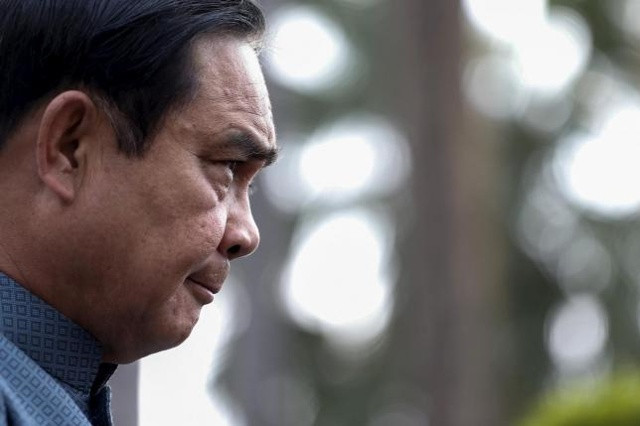 |
| Photo 3: Prime Minister Prayuth Chan-ocha's government faces many challenges with the referendum on the draft constitution. Photo Reuters. |
That’s not to mention that those who oppose the military-backed draft constitution will seize the opportunity to mobilize support to oust General Prayuth. However, this effort is unlikely to force him to relinquish power. Instead, NCPO leaders may use their extensive power to control the political protest movement, which will further “boil” political unrest in Thailand.
If the draft constitution is approved, everything will be “smooth” in line with the political roadmap outlined by the NCPO. Under this scenario, the military will continue to rule the country until a new government is formed after a general election in the middle of next year. However, the next 1 year will not be smooth for the current ruling class.
Although no party can disrupt the constitutional ratification process after the referendum, the credibility of this supreme law will be questioned, according to analysts. Major political parties such as the Pheu Thai Party or the Democrat Party, which have recently opposed the draft constitution, may continue to stand firm and challenge the legitimacy of the constitution in the pre-election campaigns. And it is very possible that some political parties will use this opportunity to spark political protests.
Clearly, the post-referendum process is fraught with obstacles and potential instability in Thai politics. However, the extent of instability will depend on how the current government manages and controls the situation.
Thanh Huyen
| RELATED NEWS |
|---|



